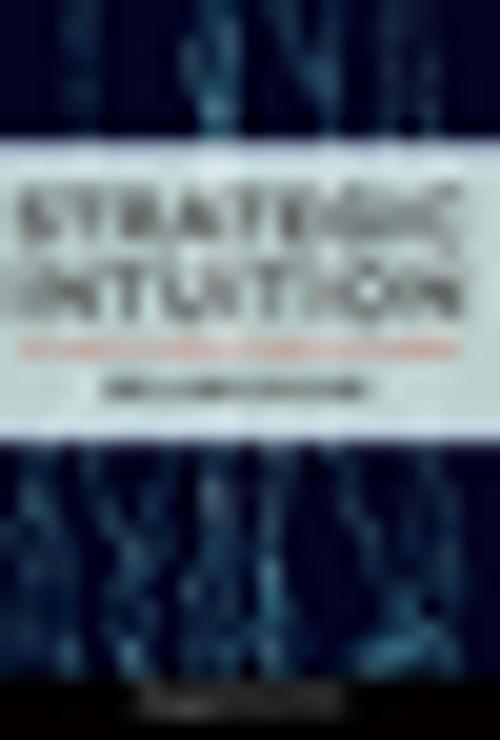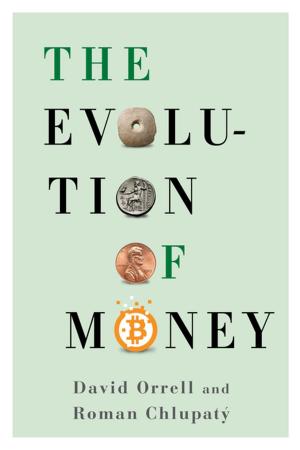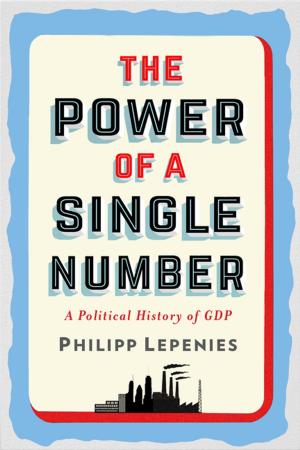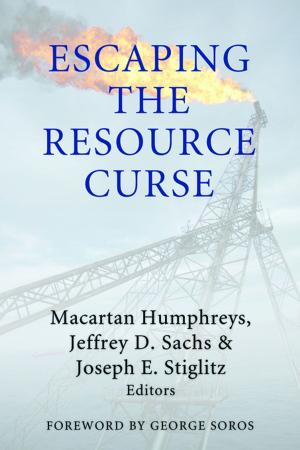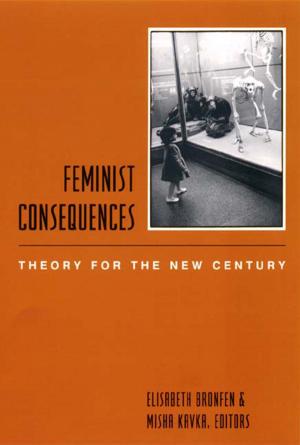| Author: | William Duggan, , Ph.D. | ISBN: | 9780231512329 |
| Publisher: | Columbia University Press | Publication: | October 18, 2007 |
| Imprint: | Columbia University Press | Language: | English |
| Author: | William Duggan, , Ph.D. |
| ISBN: | 9780231512329 |
| Publisher: | Columbia University Press |
| Publication: | October 18, 2007 |
| Imprint: | Columbia University Press |
| Language: | English |
How "Aha!" really happens.
When do you get your best ideas? You probably answer "At night," or "In the shower," or "Stuck in traffic." You get a flash of insight. Things come together in your mind. You connect the dots. You say to yourself, "Aha! I see what to do." Brain science now reveals how these flashes of insight happen. It's a special form of intuition. We call it strategic intuition, because it gives you an idea for action-a strategy.
Brain science tells us there are three kinds of intuition: ordinary, expert, and strategic. Ordinary intuition is just a feeling, a gut instinct. Expert intuition is snap judgments, when you instantly recognize something familiar, the way a tennis pro knows where the ball will go from the arc and speed of the opponent's racket. (Malcolm Gladwell wrote about this kind of intuition in Blink.) The third kind, strategic intuition, is not a vague feeling, like ordinary intuition. Strategic intuition is a clear thought. And it's not fast, like expert intuition. It's slow. That flash of insight you had last night might solve a problem that's been on your mind for a month. And it doesn't happen in familiar situations, like a tennis match. Strategic intuition works in new situations. That's when you need it most.
Everyone knows you need creative thinking, or entrepreneurial thinking, or innovative thinking, or strategic thinking to succeed in the modern world. All these kinds of thinking happen through flashes of insight-strategic intuition. And now that we know how it works, you can learn to do it better. That's what this book is about.
Over the past ten years, William Duggan has conducted pioneering research on strategic intuition and for the past three years has taught a popular course at Columbia Business School on the subject. He now gives us this eye-opening book that shows how strategic intuition lies at the heart of great achievements throughout human history: the scientific and computer revolutions, women's suffrage, the civil rights movement, modern art, microfinance in poor countries, and more. Considering the achievements of people and organizations, from Bill Gates to Google, Copernicus to Martin Luther King, Picasso to Patton, you'll never think the same way about strategy again.
Three kinds of strategic ideas apply to human achievement:
* Strategic analysis, where you study the situation you face
* Strategic intuition, where you get a creative idea for what to do
* Strategic planning, where you work out the details of how to do it.
There is no shortage of books about strategic analysis and strategic planning. This new book by William Duggan is the first full treatment of strategic intuition. It's the missing piece of the strategy puzzle that makes essential reading for anyone interested in achieving more in any field of human endeavor.
How "Aha!" really happens.
When do you get your best ideas? You probably answer "At night," or "In the shower," or "Stuck in traffic." You get a flash of insight. Things come together in your mind. You connect the dots. You say to yourself, "Aha! I see what to do." Brain science now reveals how these flashes of insight happen. It's a special form of intuition. We call it strategic intuition, because it gives you an idea for action-a strategy.
Brain science tells us there are three kinds of intuition: ordinary, expert, and strategic. Ordinary intuition is just a feeling, a gut instinct. Expert intuition is snap judgments, when you instantly recognize something familiar, the way a tennis pro knows where the ball will go from the arc and speed of the opponent's racket. (Malcolm Gladwell wrote about this kind of intuition in Blink.) The third kind, strategic intuition, is not a vague feeling, like ordinary intuition. Strategic intuition is a clear thought. And it's not fast, like expert intuition. It's slow. That flash of insight you had last night might solve a problem that's been on your mind for a month. And it doesn't happen in familiar situations, like a tennis match. Strategic intuition works in new situations. That's when you need it most.
Everyone knows you need creative thinking, or entrepreneurial thinking, or innovative thinking, or strategic thinking to succeed in the modern world. All these kinds of thinking happen through flashes of insight-strategic intuition. And now that we know how it works, you can learn to do it better. That's what this book is about.
Over the past ten years, William Duggan has conducted pioneering research on strategic intuition and for the past three years has taught a popular course at Columbia Business School on the subject. He now gives us this eye-opening book that shows how strategic intuition lies at the heart of great achievements throughout human history: the scientific and computer revolutions, women's suffrage, the civil rights movement, modern art, microfinance in poor countries, and more. Considering the achievements of people and organizations, from Bill Gates to Google, Copernicus to Martin Luther King, Picasso to Patton, you'll never think the same way about strategy again.
Three kinds of strategic ideas apply to human achievement:
* Strategic analysis, where you study the situation you face
* Strategic intuition, where you get a creative idea for what to do
* Strategic planning, where you work out the details of how to do it.
There is no shortage of books about strategic analysis and strategic planning. This new book by William Duggan is the first full treatment of strategic intuition. It's the missing piece of the strategy puzzle that makes essential reading for anyone interested in achieving more in any field of human endeavor.
